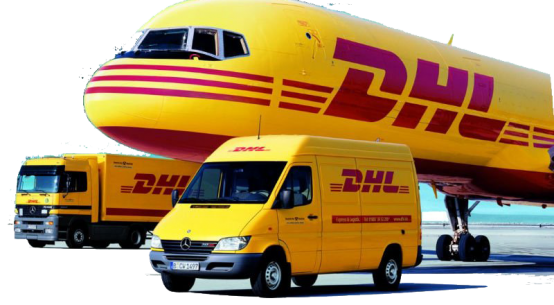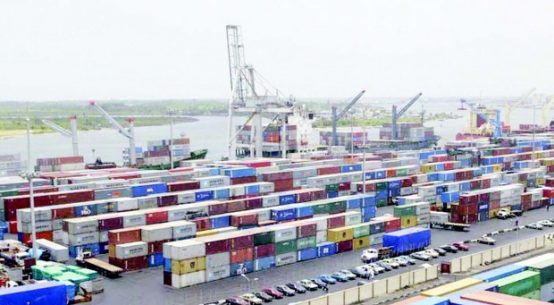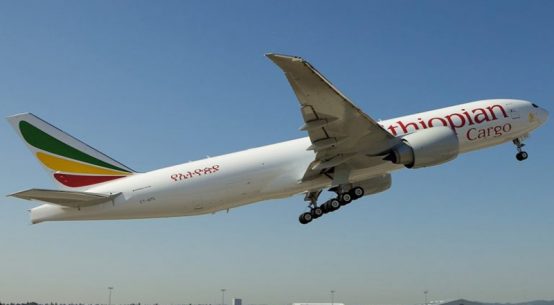
At an abandoned house on the outskirts of Georgetown in the Malaysian State of Penang, a man and his wife stand crouched over a box of seemingly random electronic components. Inside the carton is a set of specialized audio “tweeters” the pair plans to install throughout their dilapidated ancestral home in hopes of attracting a prized, but common indigenous bird called a swiftlet.
Although the couple sees little use for the cave-dwelling birds themselves, their edible, delicately spun nests are revered as a tonic in Chinese medicine and demand high export prices.
Despite never having been to China, and their inability to utter a single word in Mandarin, the opportunistic couple are setting their sights on this growing swiftlet-nest market on the north end of the South China Sea.
This is, at least in part, because of cooperation between the Malaysian government and Chinese e-commerce giant Alibaba to help small- to medium-sized entrepreneurs (SMEs) land on a small perch within the vast Chinese economic engine.
Last November, Alibaba and its partners launched what is commonly referred to as a “digital free trade zone” (DFTZ) in Malaysia’s capital city of Kuala Lumpur. The zone consists of both digital and physical infrastructure to connect local companies with global markets, and to ensure that logistics are in place to move physical goods accordingly, via air, land or sea.
Just as the chirping machine is used to convince a swiftlet to nest in an abandoned house, the DFTZ aims to be a sort of “tweeter” enabling SMEs to participate in cross-border e-commerce.
Kuala Lumpur Airport (KUL) will be the first of at least six regional hubs linked to Alibaba’s Electronic World Trade Platform (eWTP), which aims to “build an inclusive and innovative global trading platform for SMEs, young people and consumers.” It would also the testbed for the first eWTP node outside of China, with a low barrier to entry.
“eWTP is a one-stop platform that enables shippers to build an online shop on Alibaba.com, post products, trade, accept payment, handle logistics and clear customs,” said Ong Chin Kian, director at Transcargo Worldwide, a local forwarder vested in the project.
“The key differentiation is the use of data, from the moment an order is placed, until it reaches the end customer. The existing trade facilitation systems are not integrated to achieve seamless data flow,” said Dato’ Ng Wan Peng, chief operating officer, Malaysia Digital Economy Corporation (MDEC), the government agency tasked with implementing the DFTZ.
Transforming Kuala Lumpur into a global “eFulfillment hub” will not be an easy feat. However, if the initiative succeeds in weaving Malaysian SMEs into the fabric of global e-commerce, the result could create a significant windfall for airfreight as well. Within a period of 10 years, the DFTZ is forecasted to boost annual cargo throughput at KUL to 1.3 million tonnes – a feat that would represent compound annual growth of nearly 34 percent, per year, from the current base of 700,000 tonnes.
Yet, in recent years, KUL has been losing scheduled cargo flights. “There has been a downward trend in capacity from KUL in the past few years, especially from a freighter aircraft perspective,” said Richard Strollo, CEO of Agility Malaysia. Notably, the country’s flag carrier, Malaysian Airlines, has slowly parked or sold its 747F fleet.
Should Malaysian SMEs, like the swiftlet-nest power couple, come to roost at the DFTZ, as planned, forwarders in Malaysia tell Air Cargo World that a reversal of this trend may occur, following sweeping reforms to the customs clearance process. With the number of export-ready SMEs having already grown from 2,000 to 3,500, it’s clear that companies are ready to export.
.









